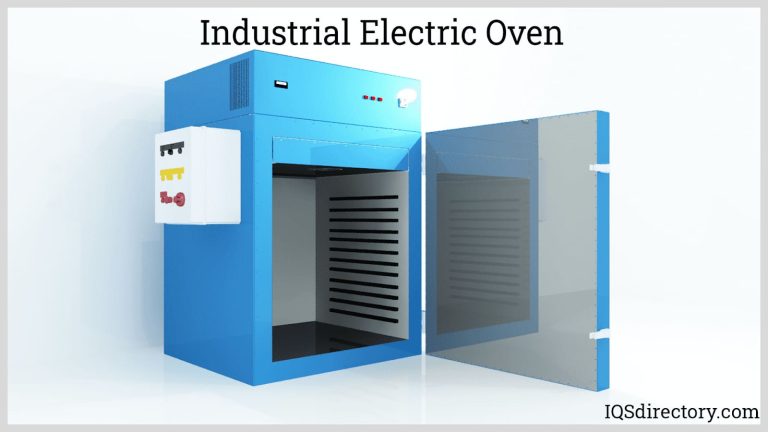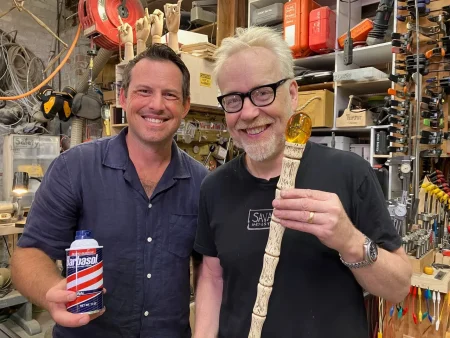Industrial ovens play a pivotal role in the manufacturing sector, offering solutions that cater to a variety of processes including drying, curing, baking, and preheating. These specialized ovens are designed to operate at high temperatures, providing consistent and controlled environments that are crucial for achieving optimal product quality. The evolution of industrial ovens has been marked by significant technological advancements, making them more efficient, reliable, and adaptable to the changing needs of industries.
The Core Functions of Industrial Ovens
Industrial ovens are integral to numerous manufacturing processes. Their ability to maintain precise temperatures makes them indispensable for operations that require strict thermal control. From the curing of composite materials to the heat treatment of metals, these ovens ensure that products undergo processes that are essential for enhancing their properties and performance. The diversity in types and designs of industrial ovens allows them to serve various sectors, including aerospace, automotive, electronics, and food production, highlighting their versatility and importance across industries.
Technological Advancements in Industrial Oven Design
The design and functionality of industrial ovens have seen considerable improvements over the years, driven by advancements in technology and a deeper understanding of thermal processing. Modern ovens are equipped with sophisticated control systems, enabling precise temperature management and process repeatability. Energy efficiency has also become a focal point in oven design, with manufacturers incorporating features such as improved insulation materials and energy recovery systems to reduce operational costs and environmental impact. These innovations not only enhance the performance of industrial ovens but also contribute to the sustainability efforts of the manufacturing sector.
The Versatility of Industrial Ovens
One of the key strengths of industrial ovens is their adaptability to a wide range of applications. Whether it’s for drying paint in an automotive assembly line or baking goods in a large-scale food production facility, these ovens can be customized to meet specific process requirements. This versatility is further demonstrated in the variety of heating methods available, including electric, gas, infrared, and steam heating, each offering unique benefits suited to different materials and processes.
Safety and Compliance Considerations
Safety is paramount in the operation of industrial ovens, given the high temperatures and potential hazards involved. Manufacturers are continuously improving safety features to protect operators and ensure compliance with industry standards and regulations. These include fail-safe temperature controls, explosion relief systems, and interlocks that prevent operation under unsafe conditions. Adherence to safety standards not only protects personnel but also safeguards the integrity of the manufacturing process and the quality of the final product.
Future Trends in Industrial Oven Technology
The future of industrial ovens looks promising, with ongoing research and development focusing on enhancing efficiency, performance, and sustainability. Innovations such as advanced thermal imaging for real-time temperature monitoring and AI-driven predictive maintenance are set to revolutionize the way these ovens operate. As industries continue to evolve and demand more from their manufacturing processes, industrial ovens will undoubtedly adapt, offering smarter, greener, and more efficient solutions.
Industrial ovens are more than just large-scale heating appliances; they are critical components of modern manufacturing, driving processes that are essential for the production of high-quality goods. Their evolution reflects the broader trends in industry towards greater efficiency, safety, and environmental responsibility. As technology continues to advance, industrial ovens will remain at the forefront of manufacturing innovation, ensuring that industries can meet the challenges of today and the demands of tomorrow.







